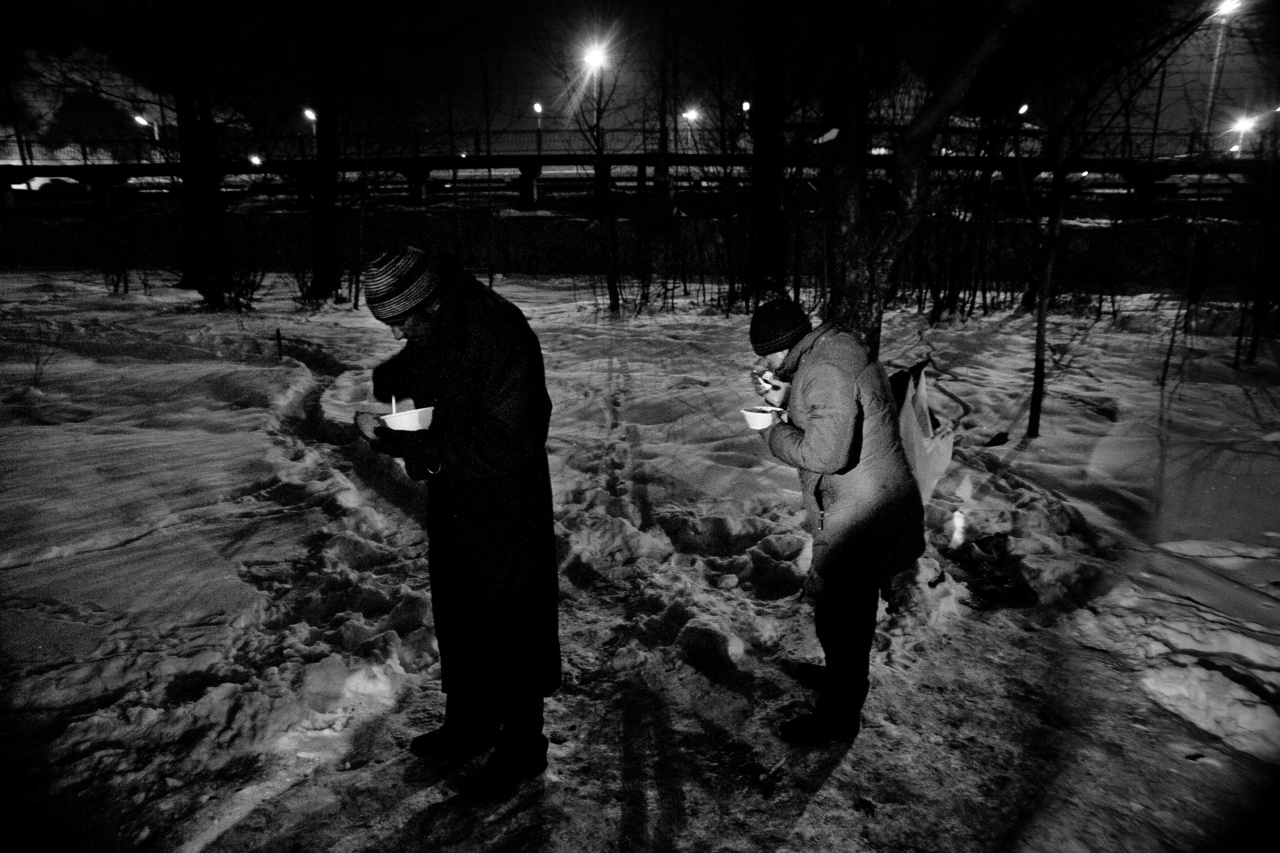Our kidneys are one of the most critical organs in the body. They help filter out waste, regulate blood pressure, produce hormones, and balance minerals. However, some people suffer from kidney issues, which can cause serious health problems.
Kidney issues can happen due to various reasons, such as high blood pressure, diabetes, genetic factors, or other chronic conditions. Maintaining a healthy diet is crucial to keep the kidneys functioning correctly. Here’s a list of what not to eat if you suffer from kidney issues.
What Are Kidney Issues?
Before we discuss the diet, let us first understand what kidney issues are. The kidneys are bean-shaped organs that filter the waste and extra fluids from our blood.
However, due to some conditions, the kidneys might not work as effectively as they should. It can lead to various kidney issues, like:.
- Chronic kidney disease (CKD)
- Kidney stones
- Urinary tract infections (UTIs)
- Polycystic kidney disease (PKD)
What Foods to Avoid with Kidney Issues?
Avoiding certain foods can help alleviate the symptoms of kidney issues and reduce the risk of further damage. Here’s a list of foods to avoid:.
Salt and Sodium
Salt and sodium can cause water retention and increase blood pressure, which can be harmful to the kidneys. Avoid adding extra salt to your food and avoid salty snacks, canned soups, and processed foods.
Processed Foods and Meat
Processed foods and meat contain high amounts of sodium, preservatives, and additives, which can increase the burden on the kidneys. Avoid eating hot dogs, sausages, canned meats, instant noodles, and processed cheese.
Dairy Products
Dairy products like milk, cheese, and yogurt are high in phosphorus, which can be difficult for the kidneys to filter if they are not functioning correctly. Limit your dairy intake and opt for low-phosphorus alternatives.
Sweetened Beverages
Sweetened beverages like soda, energy drinks, and fruit juices contain high amounts of sugar and calories, which can increase the risk of obesity, diabetes, and kidney disease.
Avoid sweetened drinks and opt for water, unsweetened tea, or coconut water.
Caffeine
Caffeine can increase blood pressure and cause dehydration, which can be harmful to the kidneys. Limit your caffeine intake by avoiding coffee, tea, and soda.
High-Potassium Foods
High potassium levels can be dangerous for people with kidney issues as their kidneys may not be able to remove the excess potassium from their blood. Avoid foods like bananas, oranges, potatoes, spinach, and tomatoes, which are high in potassium.
Alcohol
Alcohol can increase blood pressure and cause dehydration, which can be harmful to the kidneys. Avoid alcohol or limit your intake to one or two drinks per day.
Fast Foods
Fast foods like burgers, pizzas, and fries are high in calories, sodium, and unhealthy fats, which can increase the risk of kidney disease. Avoid fast foods and opt for homemade meals made with fresh vegetables, lean meat, and whole grains.
Nuts and Seeds
Nuts and seeds are high in phosphorus, which can be difficult for the kidneys to filter if they are not functioning correctly. Avoid nuts and seeds like almonds, cashews, pumpkin seeds, and sunflower seeds.
Soy Products
Soy products like tofu, soy milk, and soy sauce contain high amounts of protein, which can be difficult for the kidneys to filter. Avoid or limit your soy intake and opt for low-protein alternatives.
Conclusion
A healthy diet can help people with kidney issues manage their symptoms and slow down the progression of kidney disease. Avoiding foods that are high in salt, sodium, phosphorus, and potassium can help alleviate the burden on the kidneys.
It’s also essential to drink enough water, maintain a healthy weight, and keep your blood pressure and blood sugar levels within a healthy range. Talk to your doctor or dietitian for personalized dietary advice.






























